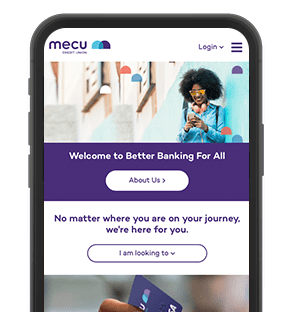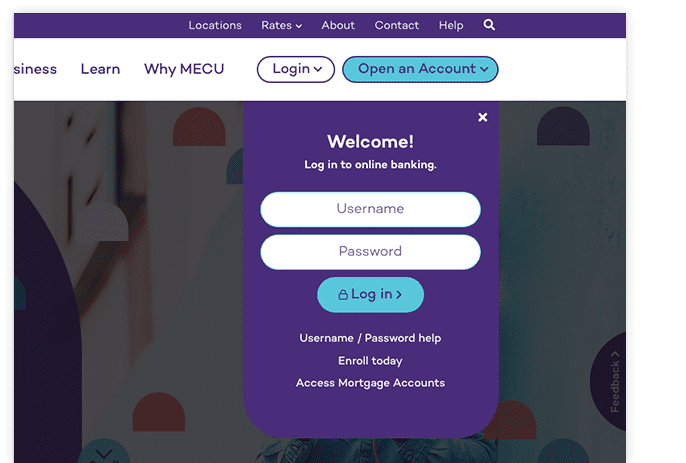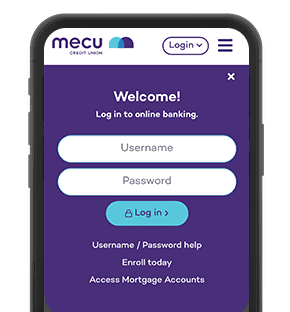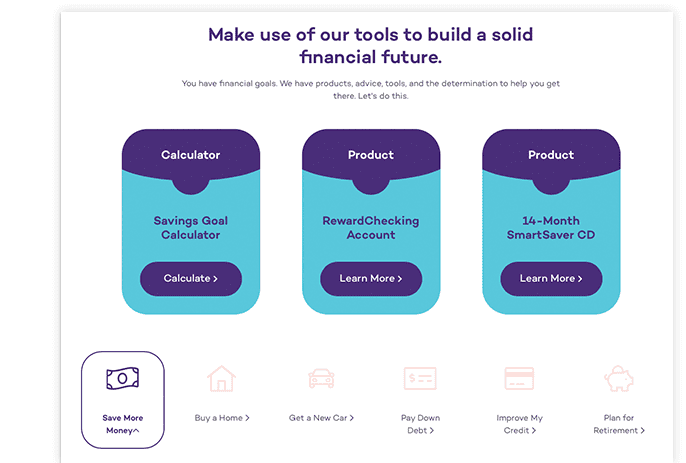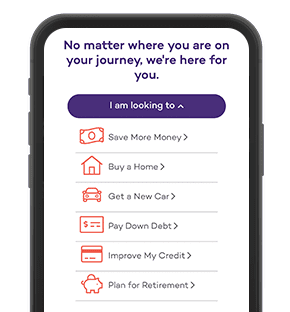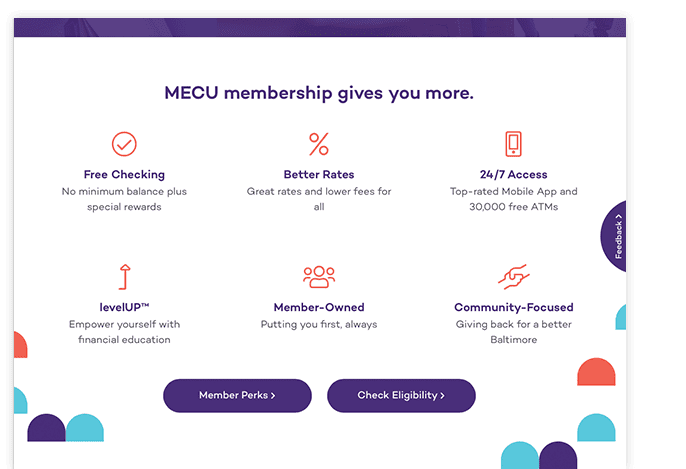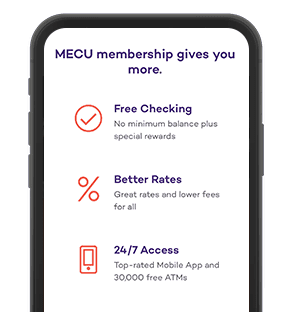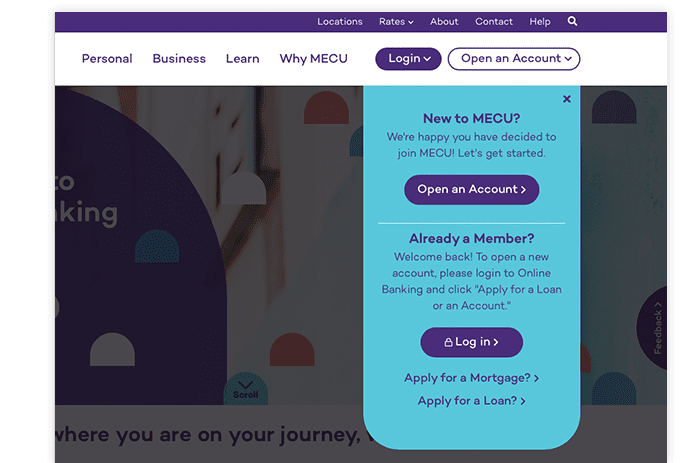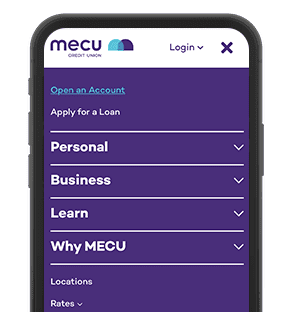The Truth About Payday Loans
Would you want a credit card that charged 400% interest or more? A mortgage that more than quadrupled the cost of your house?Most consumers would instantly answer “no.” Yet, in 2017, about 12 million Americans were so desperate for fast cash that they agreed to so-called payday loans with triple-digit interest rates. Yes, you read that right – rates typically range from 300% to 900%.
These short-term loans soared in popularity during the recent recession, leading the New York Times to report that the U.S. had more payday lenders (about 18,000) than McDonald’s franchises. The federal government has taken notice. The Consumer Financial Protection Bureau recently toughened regulations to protect borrowers. Many state governments have also cracked down on some of the more controversial practices of payday lenders.
The bottom line? Consumer advocates agree that payday loans provide poor value. If you really need money, the smarter choice is to work with your local bank or credit union to address your financial problems. At MECU, we offer a wide range of loan options, as well as financial counseling services.
What is a Payday Loan?
A payday loan is a short-term loan usually offered in amounts ranging from $100 to $1,500 or more. Lenders argue that the loans provide financial lifelines to those facing financial emergencies.Also known as cash-advance or check-advance loans, they’re usually referred to as payday loans because the payment deadline is set for the borrower’s next payday. Given such a brief repayment period, it’s no surprise that more than 20% of borrower’s nationwide default on these loans.
Payday Loan Fees
Most payday lenders charge fees ranging from $10 to $30 on average for each $100 borrowed. For example, a consumer taking out $1,000 loan might be required to pay back the $1,000 plus $300 in interest, all within two weeks. This works out to an annual percentage rate (APR) of about 400%. In contrast, most credit cards carry interest rates of well under 30%.So why do consumers want loans with such lousy terms? Some have poor credit histories and feel they can’t get more conventional loans. Others like the fast, few-questions-asked application process. But the truth is, these loans often cause more problems than they solve.
When consumers can’t afford to repay their initial loan on time, they roll it over into a second loan. And often, into a third loan. And things snowball from there. A study by Pew Charitable Trusts found that, on average, payday borrowers are in debt for five months and pay an average $520 in interest above the original loan fees.
Alternatives to Payday Loans
If you are in a tough financial position, consider these alternatives:- Take money from savings: It’s great to prepare for the future. But if you have a crisis now, it’s better to tap into savings than be saddled with a high-interest loan. Once you’ve weathered the financial storm, start socking away money again. MECU has several types of savings accounts that can help put you back on sound financial footing.
- Use your credit card: Yes, you should try to avoid maxing out your credit cards. But in a financial crisis, consider using them to fund some short-term expenses. After all, paying 25% interest on your card balance is better than paying 400% on a loan. If you don’t have a card, contact MECU. We offer several credit cards, including one for consumers trying to rebuild their credit ratings.
- Take out a traditional loan: If you have a job that provides a steady stream of income, talk to our lending team at MECU. Home owners might be able to get a home equity loan. Others can inquire about personal loans or debt consolidation loans. We have a debt consolidation calculator to help you plan.
- Contact creditors: If you can’t pay your bills, many creditors will work with you to reduce the amount due or give you more time to pay. It’s much better to negotiate than to skip payments. That can hurt your credit score and affect your future borrowing ability.
- Talk to your employer: Ask your boss or HR department if they can give you an advance on your pay, let you work overtime or adjust your income tax withholdings. All these alternatives are better than a payday loan because there are no interest payments involved.
- Work with a credit counselor: Counselors can help you figure out a repayment plan, negotiate with creditors, and work on long-term budgeting and savings plans that will prevent future crises. For more information, contact MECU about the services we provide, or contact the National Foundation for Credit Counseling.



